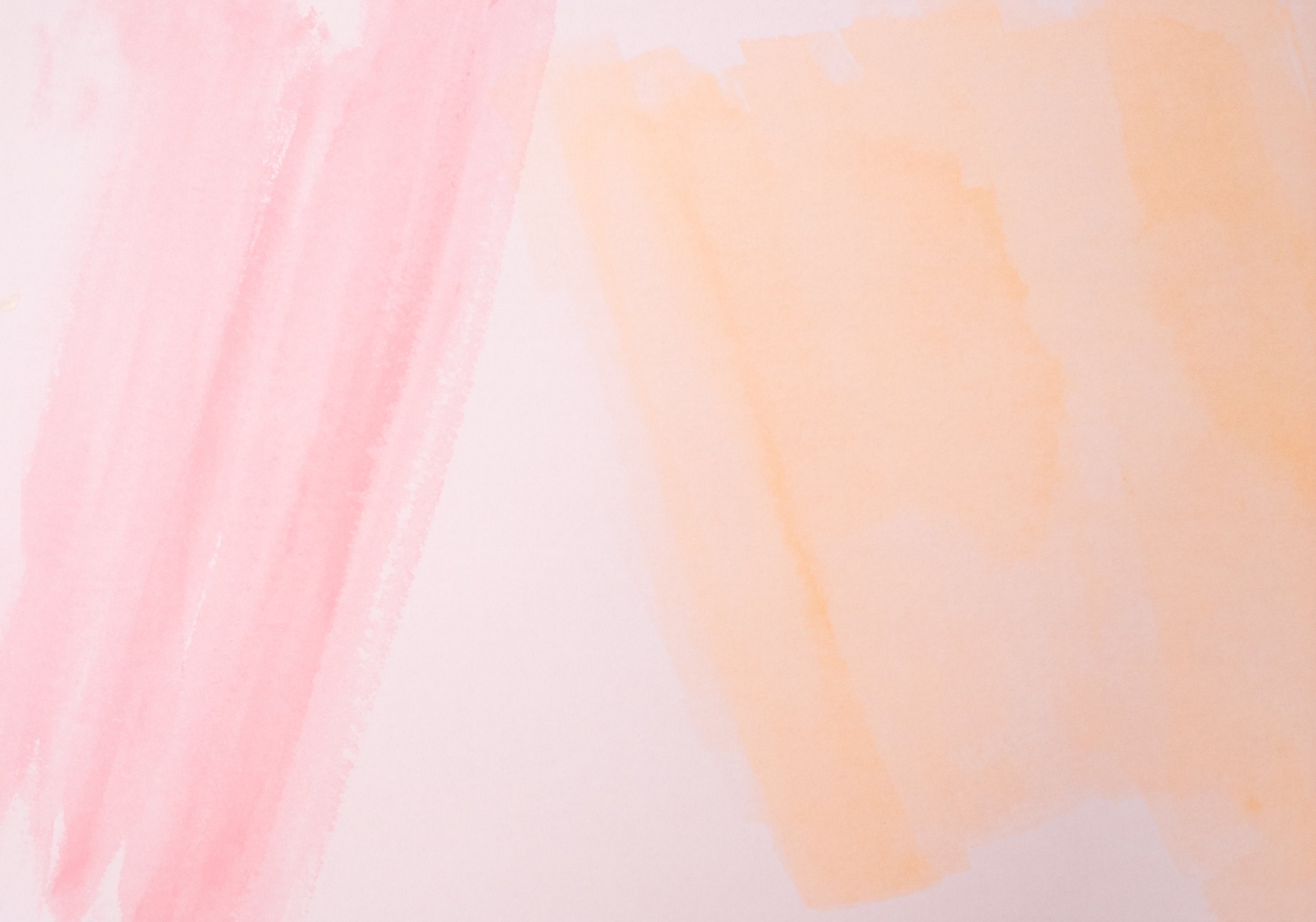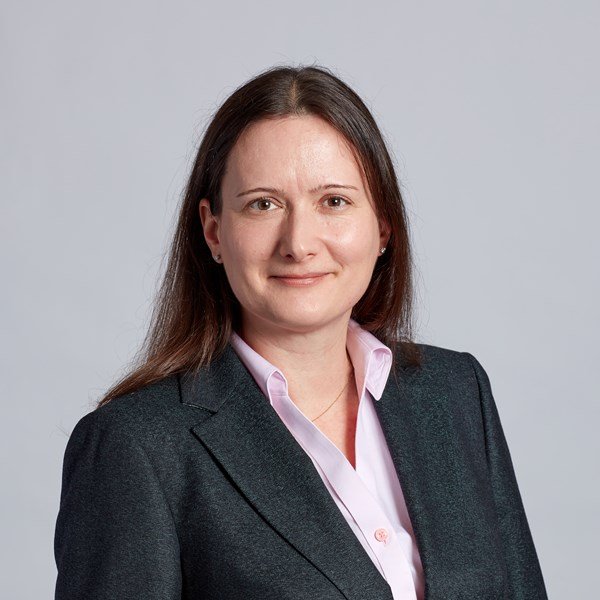
About the European Patent Attorney profession
INTERVIEW
Veronika Brazdova
Country: United Kingdom
Company size: 100+
Experience: 5-10 years
Type of work: Private practice
How did you learn about the Patent Attorney profession and what inspired you to become a (European) Patent Attorney?
It is a well hidden career. I had decided to leave academia and was at a loss as to what to do next. The Institute of Physics, of which I am a member, has a list of careers for physicists and that’s where I first learned that this job exists! I was attracted by the combination of science and law, and the opportunity to work directly with inventors.
If you had to split your role into science, law, and business, what is the proportion of each?
They are all interlinked, so perhaps one third each. I need to consider science, law, and business in most tasks I do to get the legal protection for the client’s technology that they need to succeed in business. In general, I advise clients how to leverage their intellectual property to support their business plan.
What does the team structure at your workplace look like?
In patents we have teams working in different technology sectors, such as electronics and computing, engineering, chemistry, life sciences, or cleantech. Many patent attorneys have their own area of interest within the sector – mine is climatetech and especially marine-related climatetech such as offshore renewables. We also have teams of trade mark attorneys, litigators, and solicitors and we work together to provide all the IP advice the client needs.
What does your average workday look like?
Have coffee. Log in. Deal with email. Check deadlines. Have another coffee, either large or small depending on the deadlines. Prepare a response to a patent office examination report, explaining why they should grant my client a patent. Have another coffee. (Further instances of having coffee omitted for clarity.) Have a call or a meeting with an inventor to assess whether they should apply for a patent. Have a chat with a colleague on a point of law or technology, or, well, just a chat. Instruct a foreign attorney to respond to a patent office examination report. Check deadlines. Log off.
What would a dream workday as a (European) Patent Attorney look like for you?
In the morning, an innovation capture session in which we meet up with a client and let them explain their technology and their business plan. The afternoon would be spent writing up the report for the client with a detailed, practical plan of what they need to do (and when) to protect their IP such that they succeed with their business plan.
What is the most exciting aspect of being a (European) Patent Attorney for you?
Making a real difference to real people. And (can I name two?) learning about cool new technology all the time. And (OK, three) working with a network of other IP professionals across the globe.
What are your least favourite tasks?
I haven’t got to that stage yet, but it would be the nitty gritty of management.
Does your job allow you to have time for your hobbies? Do you have any side projects related to patents?
Some time, yes. I do play my harp most days and I go hiking whenever I can.
If you could start your career over, would you change anything?
I would have left academia for IP law much sooner.
If the Patent Attorney profession suddenly disappeared tomorrow, what else would you do?
ChatGPT is not having my job! To answer the question, though, I would find some other way to assist innovators with building their businesses. Patent attorneys are nothing if not versatile.
What advice would you give someone that wants to become a European Patent Attorney?
For the right person it’s a great job, so if you think it may suit you, give it a go.
What do you think about the future outlook of our profession?
We will use technology for tasks such as searching, but the core of the job, understanding the technology and spotting the invention, cannot be outsourced to software. So, hopefully we will “outsource” the more tedious tasks to technology and keep the fun ones.

